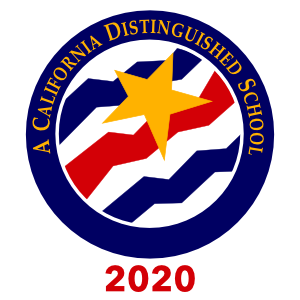Principal's Corner

Universal Design for Learning
Welcome back to a new school year! I have great expectations that this will be another fabulous year at Village, thanks to our incredible staff, our dedicated parents and, not least, your enquiring and inquisitive children.
Village School has a rich history of progressive and innovative education. Our mission statement encourages students “to discover their fullest potential on the road to life-long learning,” and our Village values remind us that, “We all belong. We are all significant. As we work, learn and play, we come together with compassion and respect.” These statements speak to our belief that a child’s social development is as important as their academic development and it is this focus – on ‘the whole child’ – that is the cornerstone of our Village curriculum.
This core philosophy also aligns naturally to a relatively new (2002) concept in education called “Universal Design for Learning.” UDL is “a framework to improve and optimize teaching and learning for all people based on scientific insights into how humans learn.” In essence, it recognizes that individuals are unique and that they both learn and demonstrate learning in fundamentally different ways. And it calls on educators to, in recognition of these individual differences, design their lessons to accommodate various levels of difficulty, allowing the learner to determine which level is appropriate and how best to show his or her work.
It’s heartening to see that this is a strategy our Village School teachers have already been employing for years, with outstanding results. You need only walk into one of our classrooms to see teachers experimenting with various learning tools (like ‘Pic Collage,’ Google Classroom, or Seesaw) that encourage students to collaborate and create in new and different ways. Or flexible seating, which empowers students to understand their learning needs and choose the work environment best suited to them. Or Genius Hour, in which students are encouraged to delve deeper into the unique subjects that fascinate them, driving their own learning on the topic.
These strategies and tools empower and engage students, piquing their curiosity and encouraging them to pursue learning. Indeed, the entire premise of UDL is to foster a growth mindset and create a culture of “expert learners” – students who understand that learning is not something to be done to them, but something in which they must actively participate, something which they own.
Once this transition in thinking occurs, the teacher’s role changes from presenting to facilitating. No longer seeking to be entertained, students embrace their new role in the driver’s seat, understanding that their education isn’t about mastery, but about active participation in a learning community that is continually growing.


